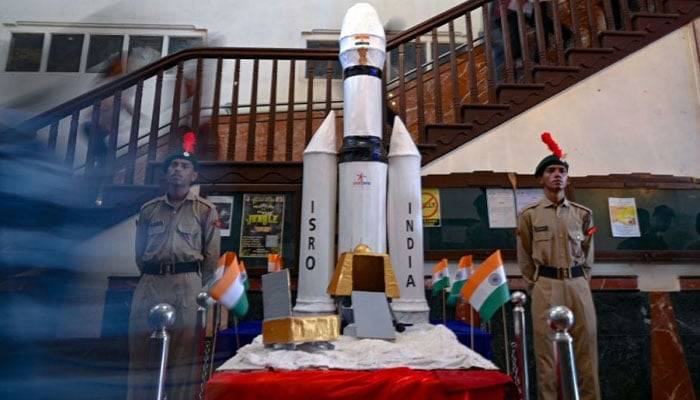After Moon landing, India launches sun probe mission
Shares

ISRO, India's space agency, is preparing for its upcoming significant space mission, with plans to launch the Aditya-L1 probe for the study of the Sun's outer layers. This ambitious venture follows their recent successful Moon landing.
Aditya-L1 is set to lift off at 11:50 am (0620 GMT) on September 2, 2023, embarking on a four-month journey. If all goes as planned, this mission will mark a historic moment as it becomes the first instance of an Asian nation sending a probe into solar orbit, a remarkable feat in the realm of space exploration.
The primary objective of Aditya-L1 is to investigate coronal mass ejections, periodic occurrences where the Sun releases massive bursts of plasma and magnetic energy. These potent emissions can potentially disrupt satellite operations on Earth. Aditya-L1 aims to predict these phenomena and issue early warnings to safeguard satellites.
This spacecraft, named after the Hindu Sun deity Aditya, will traverse an extensive distance of 1.5 million kilometers (930,000 miles) to reach its destination. It will be launched into space using ISRO's dependable PSLV XL rocket, a reliable vehicle that has supported prior missions to the Moon and Mars.
India's space program is renowned for achieving remarkable milestones with cost-effective approaches. By adapting existing technology and leveraging a highly skilled workforce, India has accomplished feats such as the recent lunar landing, which cost less than $75 million. This approach has democratized space exploration for the nation.
India's space journey is distinguished by noteworthy accomplishments, including becoming the first Asian nation to place a spacecraft into orbit around Mars in 2014
